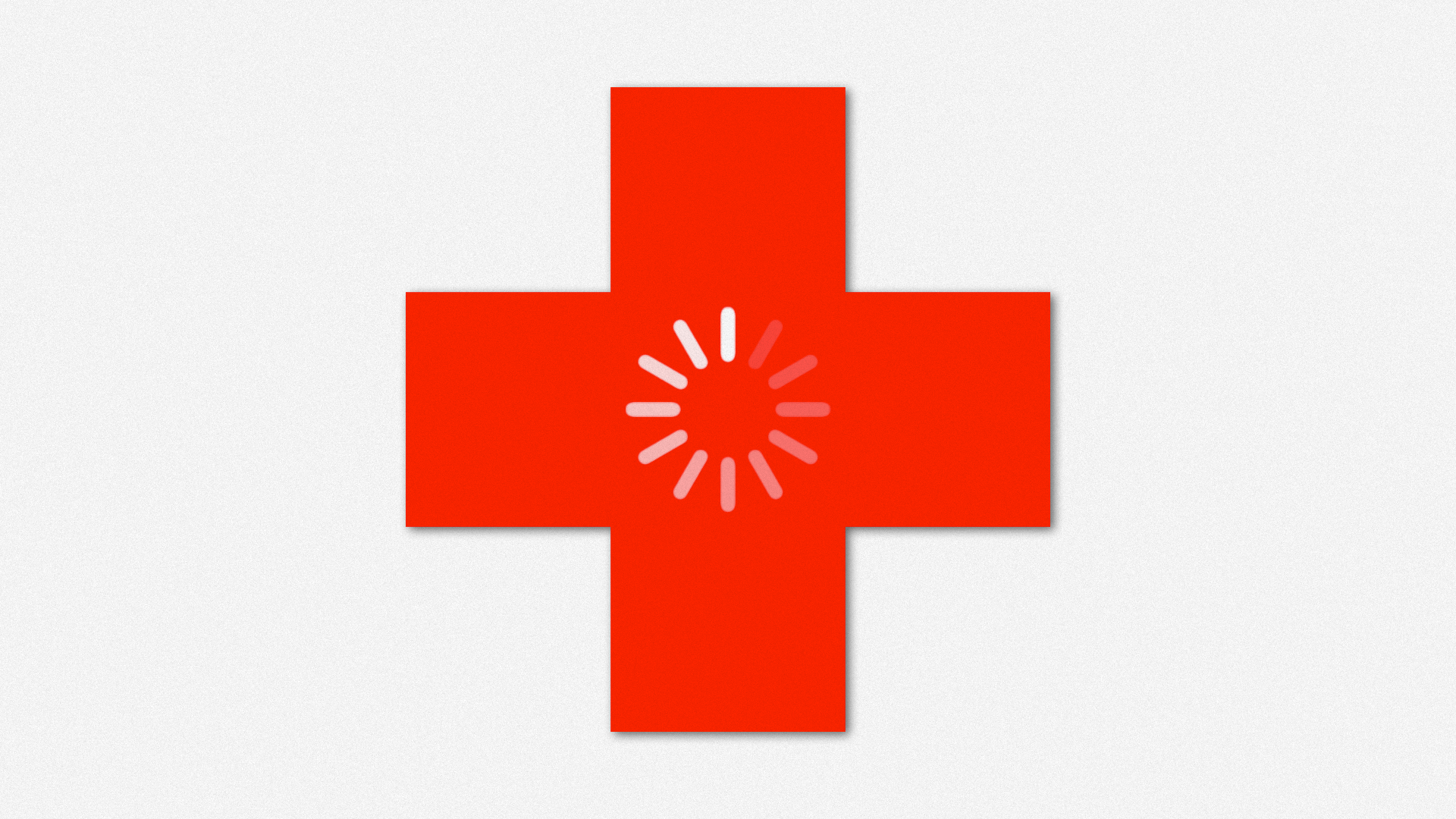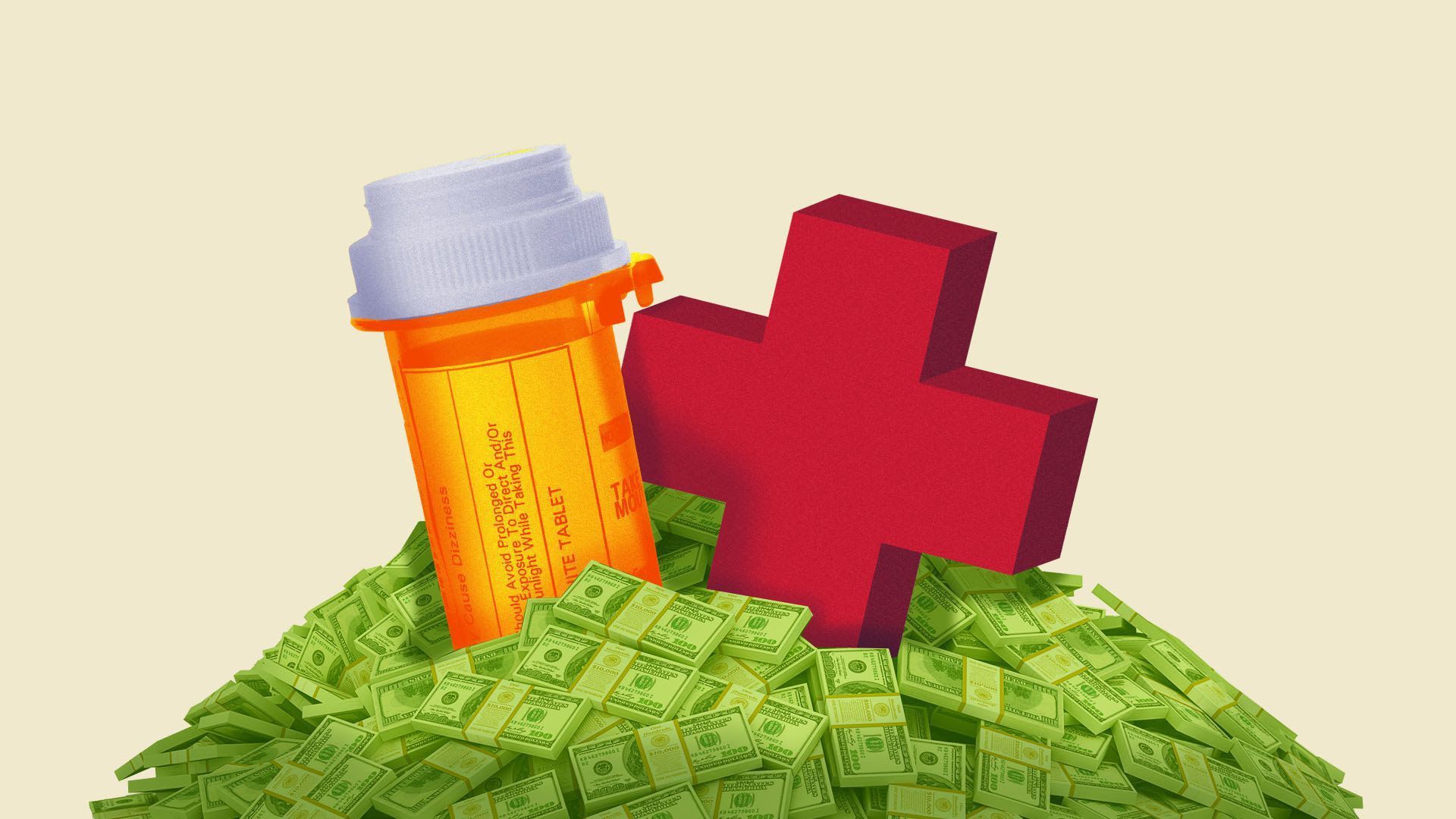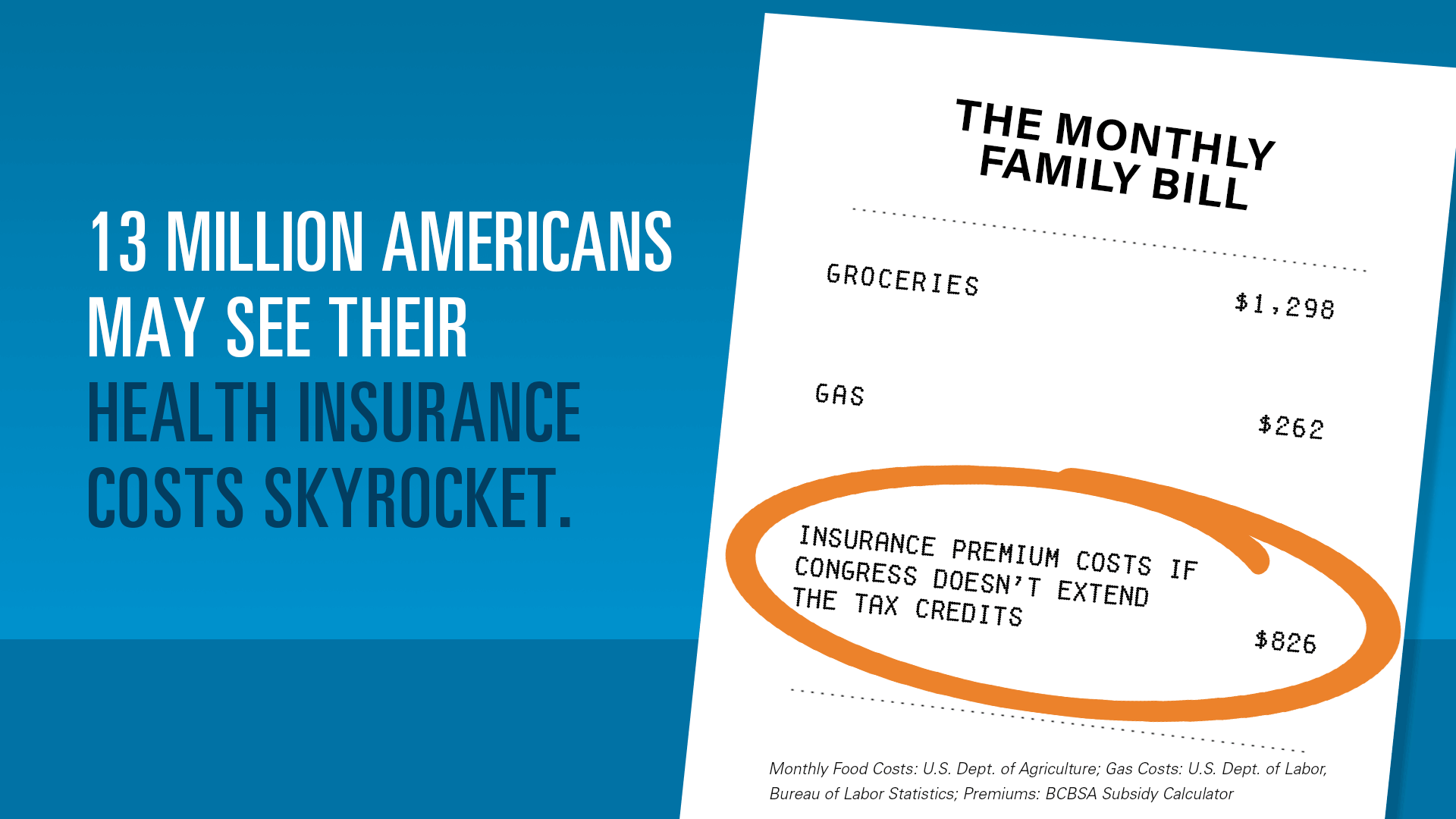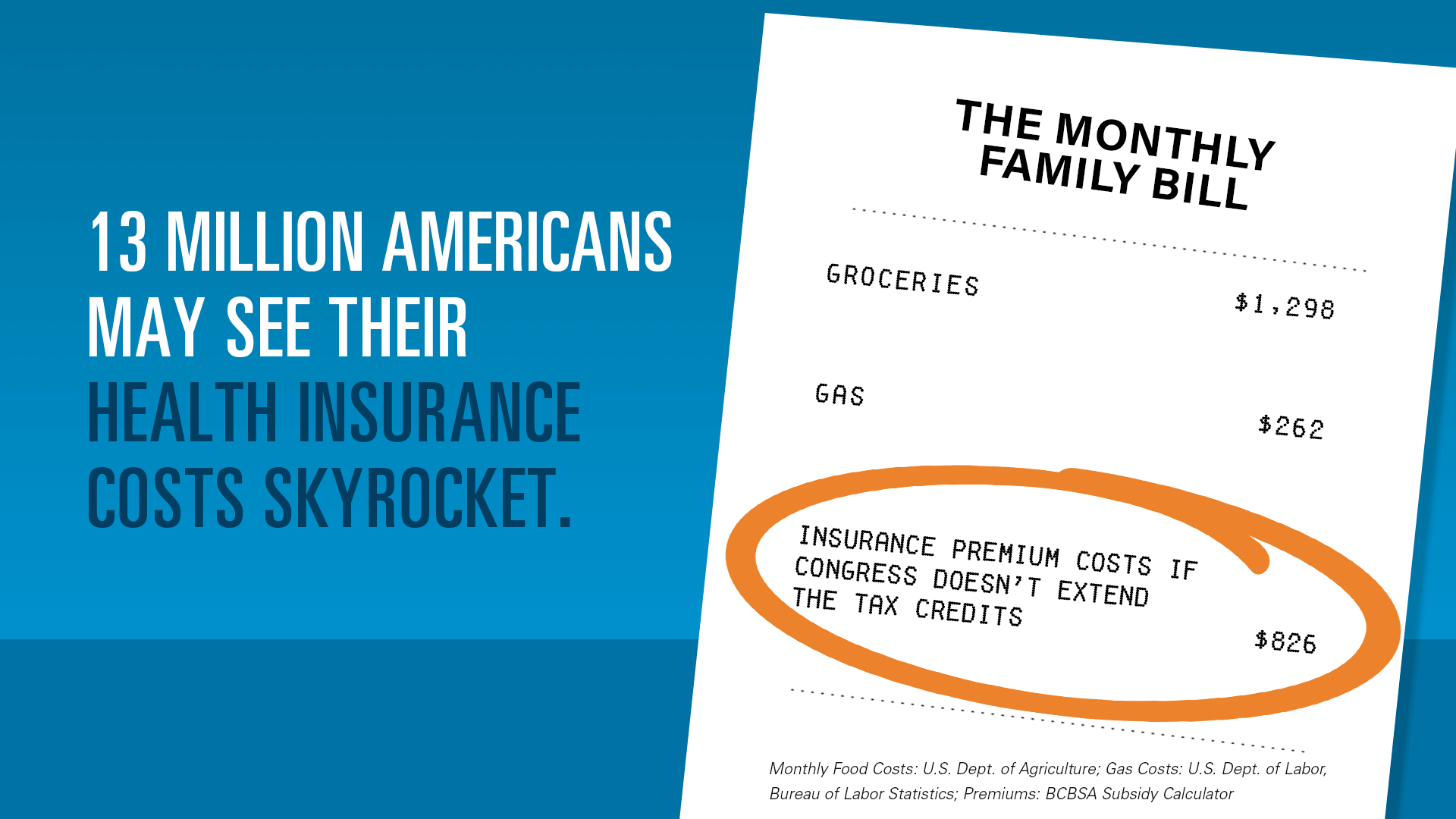| | | | | | | Presented By Blue Cross Blue Shield Association | | | | Axios Vitals | | By Tina Reed · Aug 04, 2022 | | Good morning, Vitals readers. Today's newsletter is 1,124 words, or a 4-minute read. 🎙 Tune in: Axios' Arielle Dreher and I spoke with the Axios Today podcast about concerns over low immunization rates among kids and the monkeypox outbreak. | | | | | | 1 big thing: Alternate monkeypox treatment caught in regulatory delays |  | | | Illustration: Megan Robinson/Axios | | | | Fears about shortages of monkeypox vaccine are focusing attention on the more than 1 million doses of a smallpox treatment in the Strategic National Stockpile that experts say could be an effective backup, Axios' Arielle Dreher reports. Yes, but: It's hard to access, she writes. Be smart: TPOXX (Tecovirimat) is FDA-approved to treat smallpox and was tested on animals with monkeypox, a related virus. - But because it's unlicensed and classed as an investigational new drug, providers have to make requests to the Centers for Disease Control when they use it, leading to paperwork burdens and delays.
State of play: Calls for easier access are intensifying with the monkeypox outbreak now covering all but two states and accounting for 6,326 confirmed cases. - While the CDC waived some requirements, doctors and clinics still must submit more than a dozen pages of forms, conduct follow-up visits and collect patient data.
- "Some clinics don't have the administrative capacity to fill out paperwork, so they're referring patients to other providers ... it's a highly variable situation across the United States, and this should not be the case," David Harvey, director of the National Coalition of STD Directors, told Axios.
What we're hearing: The San Francisco AIDS Foundation, which has a 10,000-person waitlist for monkeypox vaccines, just began administering TPOXX treatment after weeks of patient requests. Reality check: Some clinicians say TPOXX should be put through clinical trials before it's widely used for monkeypox, especially since there is no data on the drug's use in humans to date. - Currently, some patients treated with TPOXX are seeing improvement, but Marshall Glesby, associate chief of the infectious diseases division at Weill Cornell Medicine, told Axios it is too soon to draw sweeping conclusions because the natural course of infection is still murky.
Related: Moderna is considering creating an mRNA monkeypox vaccine. |     | | | | | | 2. CVS eyes its own primary care move |  | | | Illustration: Sarah Grillo/Axios | | | | CVS Health is still looking to acquire or take a stake in a primary care provider by the end of the year, CVS executives told analysts on an earnings call Tuesday. Why it matters: Amazon beat CVS to the punch in a bid to buy primary care provider One Medical in what's become a war to offer hybrid care to consumers. - Pharmacies are also competing in a niche to bundle a widening scope of consumers' health care needs — providing them a one-stop shop for doctor's visits, insurance and pharmaceuticals, Axios' Hope King and Claire Rychlewski write.
- CEO Karen Lynch and her team say their physical footprint is already a huge advantage.
- "Let me remind you that we are the largest provider of retail health services in the nation," Lynch said.
Between the lines: The executive team also reiterated their M&A ambitions for adding capabilities in home health. - They are "sounding a disciplined tone on timing and valuation without any shift in urgency in the wake of Amazon's deal to purchase One Medical," according to an investor note from Evercore ISI.
State of play: CVS Health raised its forecast for the year Wednesday after beating Wall Street expectations. - Execs said the company will likely administer 20 million COVID vaccines by year's end. But with 75% of that number already doled out in the first half of the year, vaccinations will likely be higher with the release of Omicron-specific shots, per Evercore ISI.
|     | | | | | | 3. Transplant program failures revealed |  | | | Illustration: Sarah Grillo/Axios | | | | Nearly 250 U.S. transplant recipients contracted a disease from donor organs between 2008 and 2015, and more than a quarter of those patients died, according to a congressional investigation of the nonprofit that leads the Organ and Procurement and Transplantation Network. Why it matters: That was just one of the findings from the probe of United Network for Organ Sharing (UNOS) detailed by the Senate Finance Committee on Wednesday. It included reports of avoidable errors, patient harm, and the unnecessary disposal of human organs after they were "abandoned at airports." What they're saying: "As our investigation shows, UNOS is doing this job quite poorly," said committee chair Sen. Ron Wyden (D-Ore.) - "Serious errors in the procurement and transplant system are shockingly common," he said.
Zoom in: For instance, a patient died after being transplanted with lungs that a South Carolina organ procurement organization marked with the wrong blood type, Wyden said. - The investigation found another instance where a patient was told he would likely die within three years after an Ohio procurement organization provided a heart from a donor with a malignant brain tumor.
- Wyden said the investigation is likely the "tip of the iceberg" after hearing from numerous transplant professionals around the country that UNOS provided little oversight for failures.
The other side: Brian Shepard, CEO of UNOS, told the committee the program achieved a record-setting 41,000 transplants last year. - "We work with transplant hospitals, OPOs and inpatients to address the most important issues in donation and transplant, and we leverage experts in the fields of research, technology and science to continually improve our national system," he said.
|     | | | | | | A message from Blue Cross Blue Shield Association | | Insurance premium costs could double without critical tax credits | | |  | | | | A new analysis shows premium costs could rise to more than $800 a month for the average American family, or even more for some low-income families if Congress does not extend Affordable Care Act tax credits. The solution: Congress must finish the fight for affordable care. Find out more. | | | | | | 4. Hospitals serving Black patients paid less | | Hospitals that treat large numbers of Black patients are paid $283 less for each day of a patient's hospital stay, according to a study by researchers from UCLA, Princeton, Johns Hopkins and Harvard. The big picture: The study shows how U.S. hospital financing via multi-tiered health insurance "effectively assigns a lower dollar value to the care of Black patients," the researchers said. Zoom in: The study used Medicare and American Hospital Association data from 5,740 hospitals. - Among 574 hospitals studied, an average of 43.7% of Medicare inpatients were Black. In comparison, 5.2% of the Medicare inpatients at the 5,166 other hospitals analyzed were Black.
- Hospitals with many Black patients reported $1,736 in reimbursement for patient care per adjusted patient day compared to $2,313 at other hospitals.
- They also reported a loss of $17 per patient day compared to an average profit of $126 per patient day at other hospitals.
The bottom line: Equalizing reimbursement levels would have required $14 billion in additional payments to hospitals with large numbers of Black patients in 2018, the researchers said. "Health financing reforms should eliminate the underpayment of hospitals serving a large share of Black patients," they wrote. |     | | | | | | 5. Catch up quick | | 📈 Moderna's shares jumped yesterday on second-quarter results that beat Wall Street estimates. However, the company also posted a drop in profits as it wrote off more than $500 million in expiring COVID shots. (Wall Street Journal) 🏛 Eli Lilly & Co. must pay $61 million after a federal court jury determined the company shortchanged the Medicaid drug rebate program. (STAT) 💰 In other Lilly news, the company said it plans to begin commercial sales of its COVID-19 monoclonal antibody treatment. (WSJ) 🧳 The number of people traveling out of state for abortion care after Roe v. Wade was overturned jumped sharply as measured by a hotline that helps patients make hotel and airline bookings. (Axios) |     | | | | | | A message from Blue Cross Blue Shield Association | | Families may face 20% higher premium costs if Congress fails to act | | |  | | | | Nearly 13 million Americans currently receive a tax credit that helps lower their premiums. What you need to know: Unless Congress extends premium tax credits, some families could see their monthly health insurance bill increase by 21% — or by up to more than $800. Congress: Finish the fight. | | |  | | Why stop here? Let's go Pro. | | | | | | Axios thanks our partners for supporting our newsletters. If you're interested in advertising, learn more here.
Sponsorship has no influence on editorial content. Axios, 3100 Clarendon Blvd, Arlington VA 22201 | | | You received this email because you signed up for newsletters from Axios.
Change your preferences or unsubscribe here. | | | Was this email forwarded to you?
Sign up now to get Axios in your inbox. | | | | Follow Axios on social media:    | | | | | |
No comments